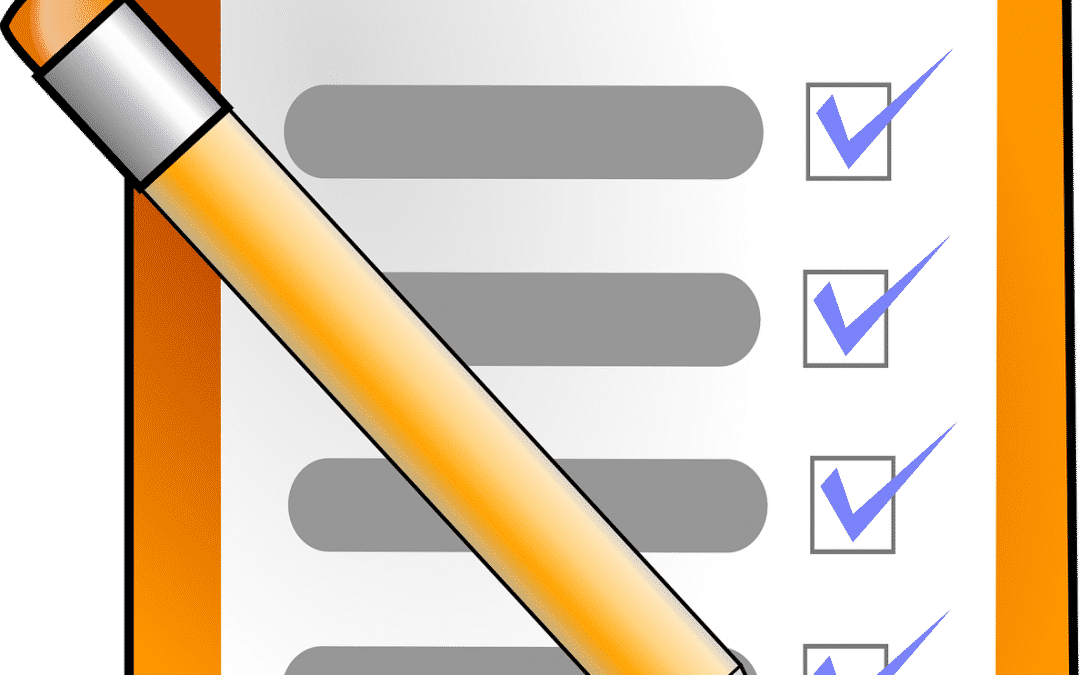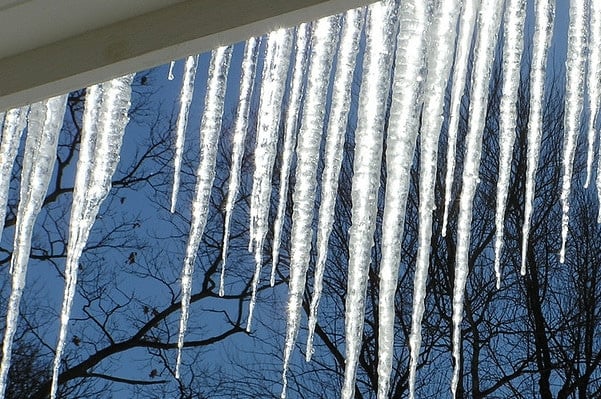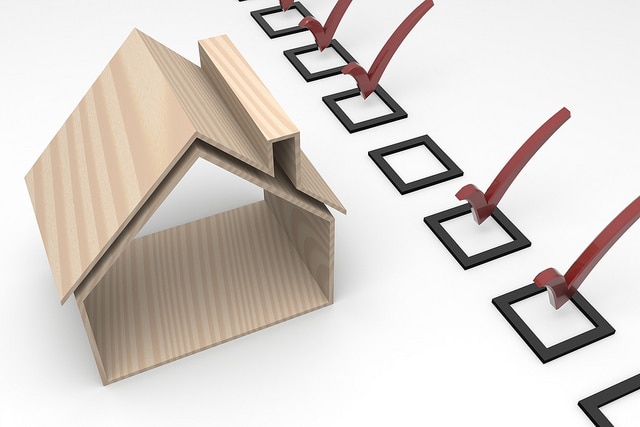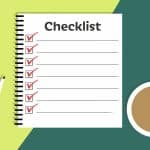You’ve just accepted an offer on your house, and the inspection is the last step before you finalize the deal. You and the buyer both want to get to that point. And no matter what the inspector finds, you’ll have the option to fix defects or provide financial concessions. So, no matter what condition your house is in, you want the inspection to go smoothly. It shows you’re sincere about the offer on the table. It demonstrates your willingness to support the buyer in the transaction. And it’s just the right thing to do.
Having said that, I’ve arrived many times for a home inspection and not been able to do my job. Many things go wrong, for example: gates and doors are locked, pilot lights aren’t lit, utilities are disconnected, appliances aren’t fully installed, furniture blocks access to the electrical panel or hot water heater… The list goes on and on. It can be frustrating for everyone involved — time is wasted, the inspection is delayed, and closing can’t be scheduled.
Walking through a pre-inspection checklist can help sellers make sure the inspection happens without incident. What can you do to prepare?
Clear and Clean
You probably did this when you were getting ready to put your home on the market. But before the inspection, do one of your own. An inspector won’t necessarily highlight cluttered, dirty spaces on the report, but in some cases, they can keep him from getting to areas he’s supposed to inspect. Clearing and cleaning will also likely make it easier for him to do his inspection, which is a win-win for all.
Here are a few cleaning-and-clearing tasks to prioritize — both inside and outside the home:
- Clean all kitchen appliances that are part of the sale
- Replace or clean air filters
- Empty as much from the attic as possible, particularly if it blocks visibility or access
- Remove barriers from areas that provide entry to the attic, crawl spaces, or equipment
- Clear at least six inches of space around the home’s exterior foundation
- Sweep or pressure wash debris from the roof, and clear the gutters
- Clear around the A/C compressor, downspouts, and vents
- Trim bushes near the home’s foundation to allow visibility
Test and Fix
Finding issues ahead of time enables you to address them up-front, which gives you control over the cost and giving you just a bit more peace of mind and helping the inspection go seamlessly.
Here are among the most important (and relatively easy) areas to check:
- Flush toilets and run faucets, looking for pressure, clogs, and leaks
- Look for dingy caulk, crumbling grout, and water damage in bathrooms and the kitchen
- Run ceiling and bathroom fans
- Test all light switches inside and outside the home
- Test smoke detector batteries and carbon monoxide detectors
- Open and close all windows, doors, and screens, testing locks and seals
- Open and close garage doors manually and with the remote
- Block the garage door from closing to test its reverse safety setting
- Make sure gutters and downspouts are connected and unclogged
- Make sure ducts are connected in attics and crawl spaces
- Look for missing shingles or other roof damage
- Look for damaged insulation in the attic and crawl spaces
Take notes as you walk through this checklist. Prioritize the list and tackle what makes sense prior to the inspection. If you do make repairs, particularly if they’re major, make sure you understand any warranties and have copies of the repair work available for the buyer.
Be Inspection-Day-Ready
There are a few key steps left to make sure the home inspection goes smoothly:
- Make sure all utilities are turned on
- Turn on pilot lights for gas-fired appliances
- If the washer and dryer are part of the sale, remove laundry from them
- Take dishes out of the sink and dishwasher
- Remove anything that may be in the ovens, other than the racks
- Leave remotes for garage door, ceiling fans, lights, etc., as well as keys for gates, outbuildings, and electrical boxes, making them easily accessible to the inspector
- Leave a sketch identifying the location of any wells or septic tanks
The Day is Here!
Leave your home an hour early and take your pets with you. Then wait for the good news that you can move to the next stage of the sale. Congratulations! You have prepared well.
Image by OpenClipart-Vectors from Pixabay
About Our Licensed Dallas Home Inspections
At Stonebriar Property Inspections, Dallas home inspector Keith Boggs proudly provides quality home inspections throughout North Texas seven days a week, including evenings and weekends. Contact him at (214) 923-7304 or [email protected].
- Licensed and insured – Texas Real Estate Commission license #9867. TDA licensed termite technician #0572333. PestGo Pest Control LLC TPCL #0770368
- Rated an A+ with the Dallas Better Business Bureau
- 5 out of 5 stars on 99% of customer reviews
- The most comprehensive home inspections available
- Friendly, down-to-earth service from someone you can trust
In the end, you will feel prepared and not scared.





